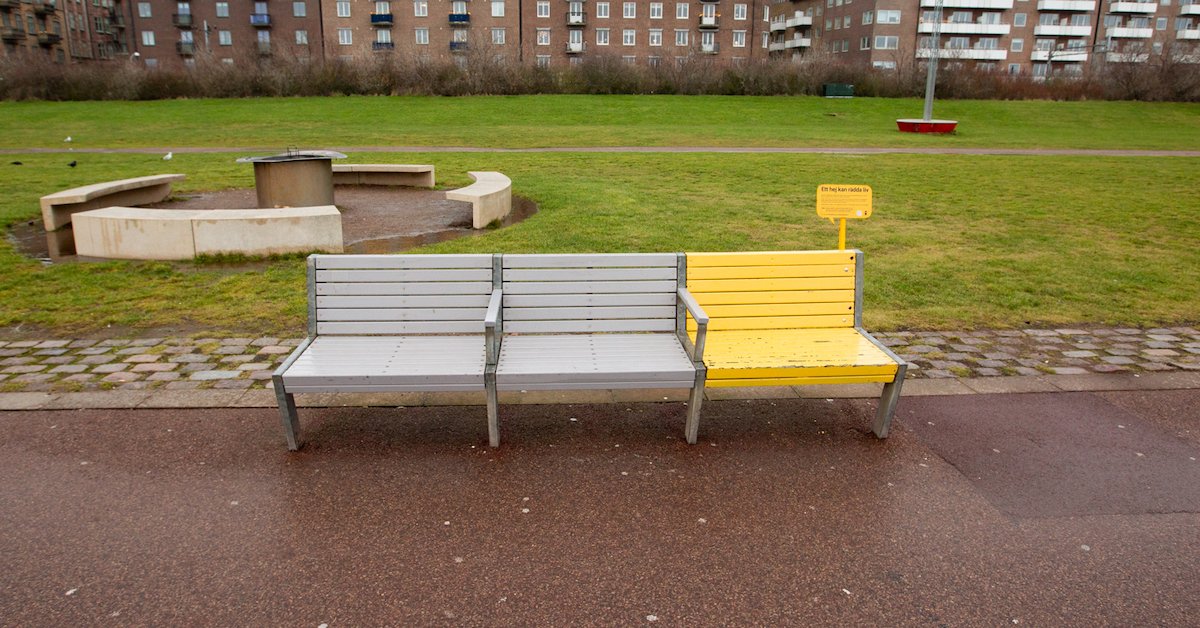i had a great time in sweden. i went with dave cotterill. this is him on the phone at copenhagen airport station trying to get someone to fix his electricity at home which blew as he left. i empathise as we have been without heating and hot water for a month as our boiler has been on the blink but we got a new one yesterday.

i find when i am taking part in leading or speaking or organising it’s hard to also take photos – maybe it’s different parts of the brain?! but i have added a few to a flickr album – sweden. see above.
i called this blog post strangely familiar. that was not so much about helsingborg or sweden, though i think in england we are very influenced by scandinavian tastes in interiors. it was more that this was a gathering of pioneers in a different country in a different denomination but all the same things were there. by which i mean creative wonderful people full of imagination, possibility, with a heart for those at the edges beyond the walls of their churches; structures and tradition that have lots of gift but don’t really resonate so well with a changing culture so issues of how to navigate change; wider pressures towards a more predictable model of church and so on… – it was all strangely familiar. what was particularly encouraging was that there were people from the structures in the swedish salvation army there as well as pioneers trying to work out how to go forward together.

this photo is of the noticeboard in the salvation army church plant we were in – these are what they call micro churches – small groups where people are meeting and exploring faith – outdoors, with kids, pubs, food and conversation and so on – see what i mean about strangely familiar.
the theme future present is interesting and i have been pondering it in relation to the uk as well. it seems to me that the wider church landscape prefers or perhaps simply feels safer with a past present imagination. by that i mean let’s take what we have done in the past and rework it in the present to orient towards the future. i think that kind of change works for those closer in, for a fringe around what you already have. but it struggles to go much further out or to leap across cultures or to risk thinking we need to let go of current ways of theologising and organising. the danger is that you end up as adam curtis would say, stuck in your own yesterday. by way of contrast, future present thinking tries to imagine a different future and then design the present on the basis of that incoming future. this kind of thinking is much more likely to address issues of culture change or how to be in very different kinds of spaces and communities. there is a lot more at play, a lot more possibility, and perhaps a lot more freedom and risk. i am always drawn to the latter!

on the plane i read the book new churches: a theology . it’s really worth a read. tina hodgett reviews it here. there are chapters from a whole range of authors including several from cms pioneer network (cathy ross, james butler, tina hodgett, paul bradbury, paul aduknule…). i leant my copy to dave so don’t have it in front of me. but aside from the cms people whose writing and thinking i love and encourage you to look at, my favourite two chapters were simon hall and roy searle’s chapter on an ecclesiology of dissent and christian selvaratnum’s look at training.
simon and roy are saying that the landscape has changed in post christian britain and it simply won’t do to carry on business as usual. theirs was a welcome voice in contrast to those saying that the solution to our predicament is lots more churches (new worshipping communities is the lingo now btw). they say it’s an institutional kind of solution which is anxiety driven and seeks to stop the rot and keep the jobs and money and buildings but without doing the deeper future facing work. we need other voices, other questions, other imagining. and simon and roy are offering that.
christian look at guilds as a way of training for the craft of church planting and calls for imagination and improvisation. it’s really inspired and was what he looked at in his phd and written a book on so he has done a deep dive into it. he is involved in leading training so i hope it is embedding the freedom it seems to afford in practice. i heard him present on that at the gathering where papers were shared and it caught me by surprise at the time. i think that was because my experience thus far of training offered up out of theological colleges and also out of evangelical charismatic traditions i find to be predictable, and often defended – i.e. same polity, way of being church, theologising as before. there is absolutely no reason why evangelicals should not be much more imaginative and free in their practice – cms comes out of that tradition after all (get inspired by john taylor if you want to know what’s possible).
i’d be interested to know what chapters caught anyone else’s attention. leave a comment…

